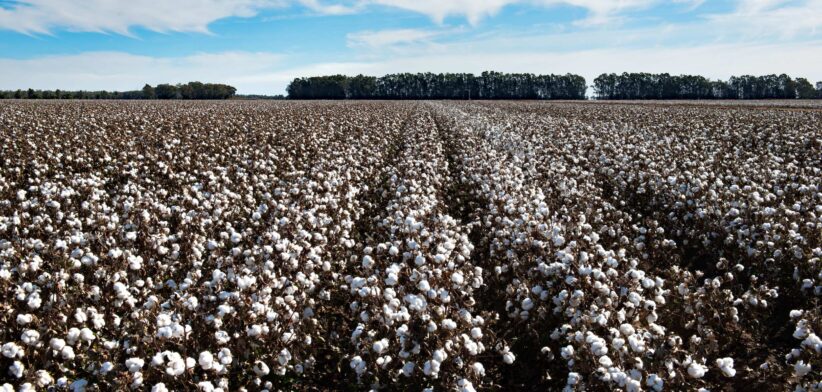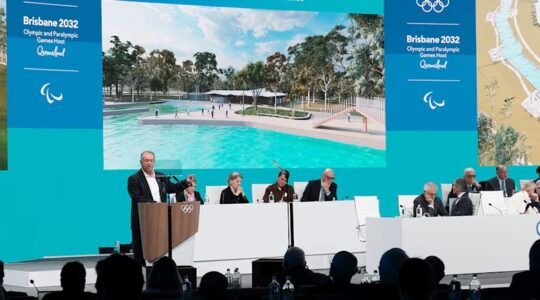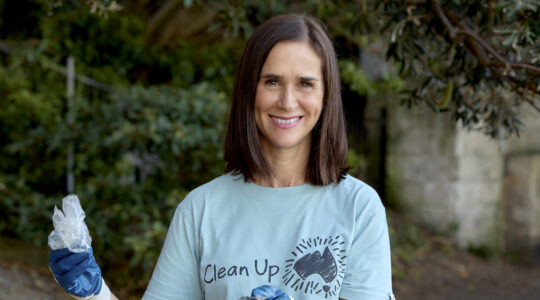Queensland researchers are set to introduce a “step-change” in water efficiency to ensure Australia’s irrigation-intensive agricultural industries can adapt to climate change challenges.
Scientists at the University of Southern Queensland (UniSQ) will use a million-dollar Federal Government grant to help commercialise research on advanced climate-smart, innovative irrigation control technology.
Associate Professor Alison McCarthy said the nation’s cotton and dairy industries would reap the benefits of new tech.
Associate Professor McCarthy said the project would translate VARIwise, a precision irrigation optimisation and control system, from the research phase to a commercial-ready package that could be adopted in any irrigation system.
She said climate-smart precision irrigation technologies enabled irrigation to be applied only when and where it was required, with the correct depth.
“Water productivity improvements are slowing following the cotton industry average 0.3 percent per year improvement since 2007.
““VARIwise represents a step change in water use efficiency gains (and) step change improvement is critical for Australian irrigation industries to adapt to short and long-term changes in climate.”
Associate Professor McCarthy said the system would assist industries to demonstrate their water productivity credentials.
“VARIwise uses advanced irrigation decision-making approaches that integrate multiple data streams – including soil, plant, and weather information – to assess site-specific irrigation requirements precisely, unlike traditional approaches that only consider soil-water status.”
She said on-farm research had demonstrated that VARIwise could deliver 10 percent in water savings and five percent in productivity improvement in cotton and pasture.
Associate Professor McCarthy said there were implantation barriers, including compatibility between existing sensors and irrigation systems and access to ongoing precision technology support on the ground.
She said allowing Australian industry to be central in implementing VARIwise into commercial systems would help overcome these barriers.
“We will work with commercial technology providers and consultants to develop VARIwise into a format that can interface with on-farm sensor and irrigation systems, enabling non-exclusive commercial access to maximise adoption,” she said.








